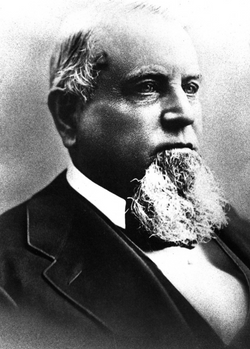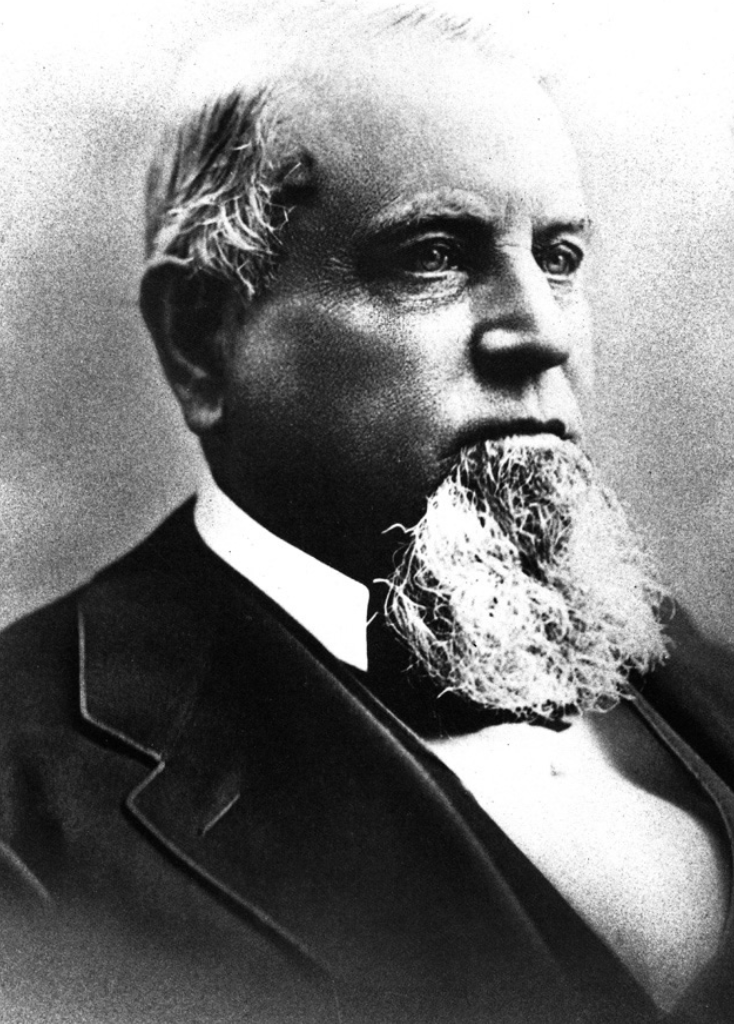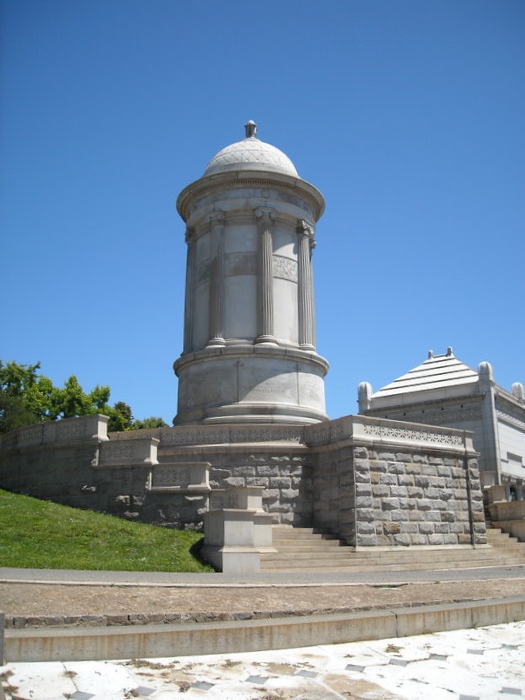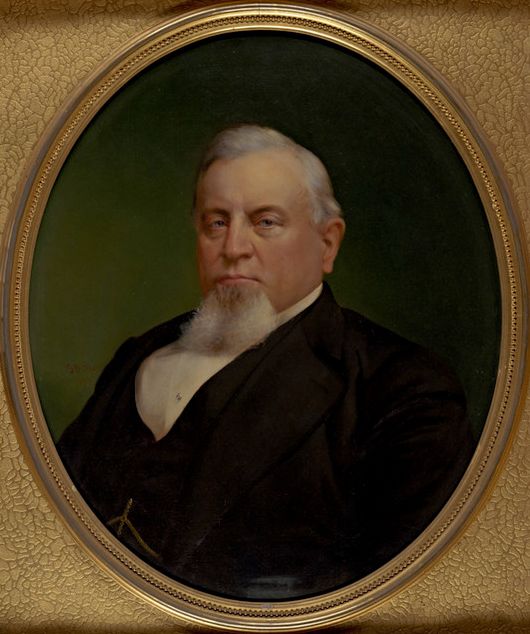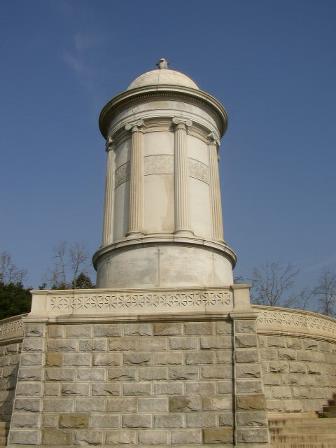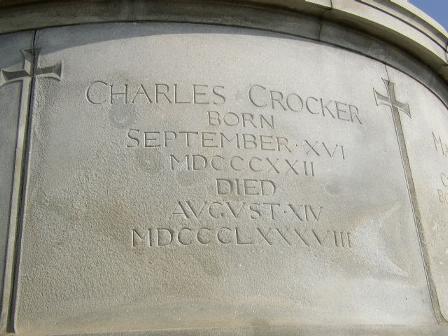Businessman. He received notoriety for being a 19th-century railroad baron. Best known as the founder of the Central Pacific Railroad, Charles Crocker was born into a Troy, New York, farm family in 1822. When he was fourteen, his family moved West to Iowa, where young Crocker struck out independently, doing farm, iron forge, and sawmill work. Swept up in the 1849 Gold Rush, he led a party of Forty-Niners overland to California, arriving in Sacramento in 1850. Two years of gold mining convinced him that opening a dry goods store in Sacramento would be a better way to make money, so he did exactly that. By 1854, he was one of the wealthiest men in town and had formed a strong relationship with three other local business leaders, Mark Hopkins, Collis Huntington, and Leland Stanford — who, together with Crocker, came to be known as "The Big Four" for their prominent role in California's rapid economic development from the 1850s onwards. Political power and further business opportunities accompanied Crocker's initial success. In 1855, he was elected to Sacramento's city council and in 1860 to California's state legislature. In the early 1860s, the Big Four began to plan and manage the construction of the Central Pacific Railroad, which was to cross the rugged Sierra Nevada mountains and meet with the Union Pacific headed west from Nebraska. Crocker managed the actual construction of the railroad. He overcame shortages of manpower and money by hiring Chinese immigrants to do much of the back-breaking and dangerous labor. He drove the workers to the point of exhaustion, in the process setting records for laying track and finishing the project seven years ahead of the government's deadline. He later became president of the Southern Pacific Railroad, connecting San Francisco to Portland by rail, became involved in banking and northern California industry, and made even more money in real estate. In 1871, Crocker sold out his Central Pacific interest to his partners, but in the Panic of 1873, he returned as director and vice president. In 1886, he was seriously injured in a New York City carriage accident. He never fully recovered and died on August 14, 1888, in Monterey, California. At the time of Crocker's death, his estate was valued at $300 to $400 million dollars.
Businessman. He received notoriety for being a 19th-century railroad baron. Best known as the founder of the Central Pacific Railroad, Charles Crocker was born into a Troy, New York, farm family in 1822. When he was fourteen, his family moved West to Iowa, where young Crocker struck out independently, doing farm, iron forge, and sawmill work. Swept up in the 1849 Gold Rush, he led a party of Forty-Niners overland to California, arriving in Sacramento in 1850. Two years of gold mining convinced him that opening a dry goods store in Sacramento would be a better way to make money, so he did exactly that. By 1854, he was one of the wealthiest men in town and had formed a strong relationship with three other local business leaders, Mark Hopkins, Collis Huntington, and Leland Stanford — who, together with Crocker, came to be known as "The Big Four" for their prominent role in California's rapid economic development from the 1850s onwards. Political power and further business opportunities accompanied Crocker's initial success. In 1855, he was elected to Sacramento's city council and in 1860 to California's state legislature. In the early 1860s, the Big Four began to plan and manage the construction of the Central Pacific Railroad, which was to cross the rugged Sierra Nevada mountains and meet with the Union Pacific headed west from Nebraska. Crocker managed the actual construction of the railroad. He overcame shortages of manpower and money by hiring Chinese immigrants to do much of the back-breaking and dangerous labor. He drove the workers to the point of exhaustion, in the process setting records for laying track and finishing the project seven years ahead of the government's deadline. He later became president of the Southern Pacific Railroad, connecting San Francisco to Portland by rail, became involved in banking and northern California industry, and made even more money in real estate. In 1871, Crocker sold out his Central Pacific interest to his partners, but in the Panic of 1873, he returned as director and vice president. In 1886, he was seriously injured in a New York City carriage accident. He never fully recovered and died on August 14, 1888, in Monterey, California. At the time of Crocker's death, his estate was valued at $300 to $400 million dollars.
Bio by: Edward Parsons
Family Members
Advertisement
See more Crocker memorials in:
Advertisement
